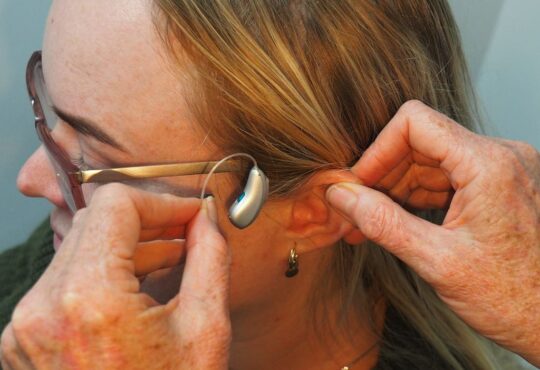
The term ‘cancer’ essentially refers to the abnormal growth of cells in the body. Cancer cells typically reproduce extremely fast and do not function normally. They can spread to various areas of the body, and their growth is usually not regulated.
Cancers are generally caused by genetic, environmental factors, or habits of an individual. Here are a few of the key risk factors associated with the development of cancer cells.
Lifestyle habits: In adults, smoking, consuming a high-fat diet, constant exposure to radiation or toxic chemicals are all risk factors associated with cancer.
Genetics: Family history can be the cause of some childhood cancers. This could happen because of a genetic mutation or exposure of family members to certain risk factors like chemicals/gases near their residences, or even just by plain coincidence.
Genetic disorders: Conditions such as the Wiskott-Aldrich and Beckwith-Wiedemann syndrome are known to alter the immune system, which serves to protect our bodies from illnesses and infections. The bone marrow in our body produces cells that later become part of our immune system. When the cells in the bone marrow, called stem cells, become damaged or defective due to genetic disorders, they reproduce and form abnormal or cancerous cells.
Exposure to certain viruses: HIV, which is the virus that causes AIDS, and the Epstein-Barr virus may potentially have a role in the development of childhood cancers like Hodgkin and non-Hodgkin lymphoma.
Environmental risks: Constant exposure to pesticides and fertilizers have been found to cause cancers in children. Prenatal or infant-stage exposure to these hazards may be especially dangerous.
High-dose chemotherapy and/or radiation: Sometimes, children who have been exposed to high-dose chemotherapy or radiation can develop malignancy again later in their lives. This condition is called second malignancy and refers to a type of cancer that emerges from the treatment of a different cancer.
Now that we’ve explained the risk factors for cancer, it is natural to wonder how the disease is diagnosed. Unfortunately, there is no single medical evaluation or test that can immediately diagnose cancer. A person’s healthcare provider will need to assess their medical condition and run a number of tests to determine if they have cancer.




